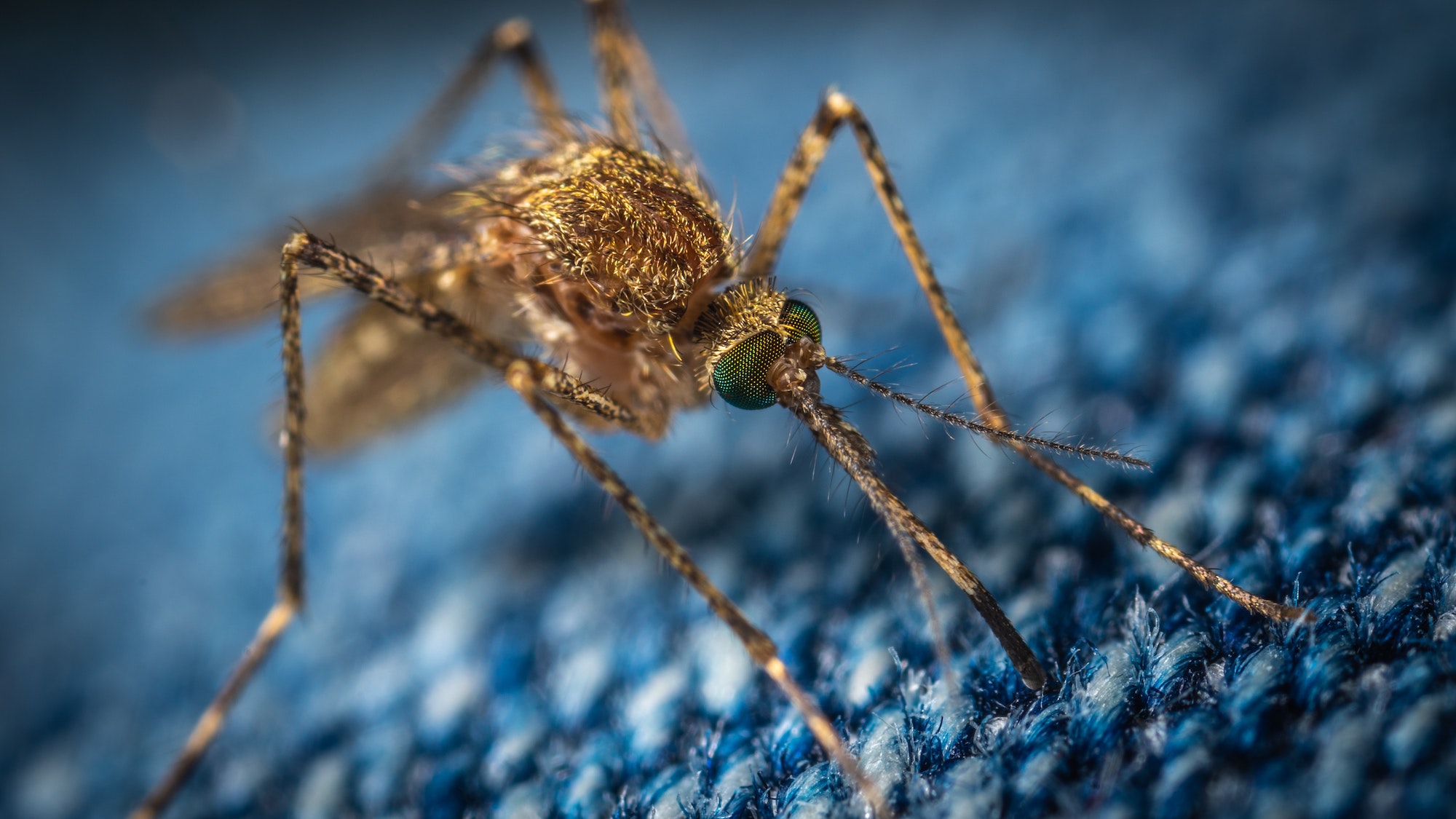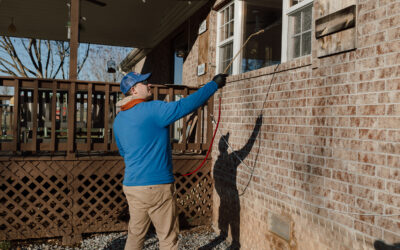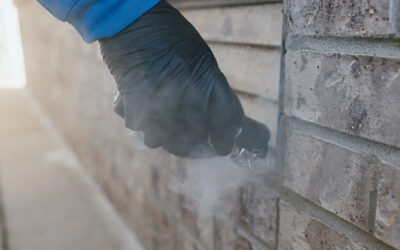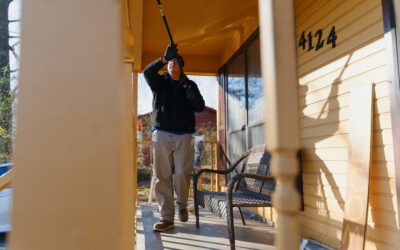
Pests That are Attracted to Moisture
Just like people, pests need moisture to survive and thrive. Some pests are known for being especially attracted to moisture and humid environments. Places in your home such as bathroom and kitchen areas, as well as anywhere near your water heater or any dripping plumbing, provide excellent conditions for pests to live, lay eggs, and hatch their young. Places on your property where water collects, such as near your air conditioner, near water spigots, around pet or livestock watering troughs, or in any old buckets that might be standing around, are also prime spots for pests to breed and multiply. Pay attention to these areas, keep a watch out for signs of infestations, and learn as much as you can about what to look for so that you can catch these pests before they become a problem.
Which bugs are attracted to moisture?
- Mosquitoes
- Centipedes
- Earwigs
- Silverfish
- Cockroaches
How to ward off bugs attracted to moisture:
Eliminate pools of stagnant water: Don’t let standing water remain on your property after it rains or collects due to condensation or moisture dripping from an air conditioner unit. Mosquitoes are especially attracted to stagnant water to lay their eggs, which hatch into larvae (baby insects). Even a couple of inches of standing water in the bottom of an old bucket is plenty of room for mosquitoes to lay countless eggs, leading to countless new mosquitoes infesting your backyard.
Plant deterrents: Some pest deterrent plants include catnip, basil, lemon balm, lavender, thyme, garlic, citronella, peppermint, sage, rosemary, and geranium. Try adding these plants to your yard, either in containers or in beds, to naturally deter pests.
Fix plumbing problems before they turn into pest problems: A leaky faucet can cause water to pool in your sink, which is a sure way to attract pests. Stay on top of these issues before they grow into far bigger problems. A little elbow grease can go a long way to preventing pests from invading your home.
Use yellow LED light bulbs outside. Mosquitoes are especially attracted to the warmth of a conventional light bulb, so to reduce the attraction that your outdoor spaces pose to these moisture-seeking insects, try yellow LED bulbs in all your outdoor light fixtures. Mosquitoes are less attracted to these kinds of bulbs.
Seal up cracks and gaps. Bugs can creep into our house through even the tiniest of cracks or gaps, especially along baseboards, doors, and windows. One easy way to find these cracks and gaps is to turn off all your lights, close all your window blinds and curtains, and look around your home (especially at externally facing walls) from within during daylight hours. Any chinks of light you see will show you somewhere to seal up. Weather striping, caulk, and other DIY solutions are easy and inexpensive.
If you are already plagued by an infestation of one or more of these kinds of bugs, reach out to West Termite, Pest & Lawn. We can help!
More posts from West Termite, Pest & Lawn
Pestproofing Entry Points Before Spring
As spring approaches in Arkansas, homeowners face an increased risk of pests seeking warmth, food, and shelter. Many infestations begin with small, unnoticed entry points that allow insects, rodents, and other pests to move indoors. Pestproofing your home before the...
Early Spring Termite Activity in Arkansas
As Arkansas begins to warm in early spring, homeowners may assume termites remain dormant until the summer months. In reality, spring termite colonies can become active much earlier, especially as soil temperatures rise and moisture levels increase. Subterranean and...
Preparing Your Home for Early Spring Pests
As winter fades and temperatures rise in Arkansas, homes become vulnerable to a fresh wave of early spring pests. Early spring is a critical time to take preventive action because insects, rodents, and other pests start emerging from dormancy, seeking food, warmth,...



